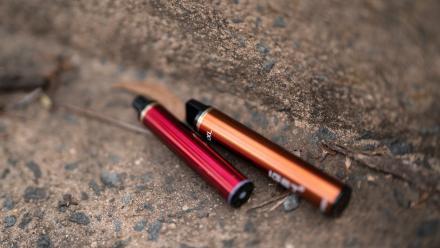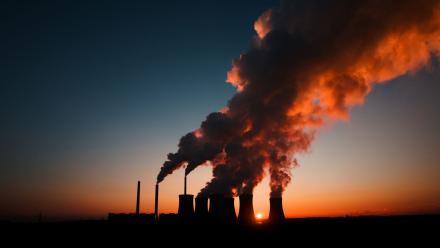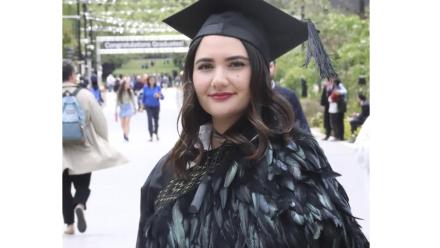Exploring the systems and processes that shape our planet
Graduating with a Hangyu Meng came to ANU to pursue his curiosity about how the world works and to develop his research skills with the hope of continuing his studies with a PhD.
What did you study at ANU?
My degree is Master of Earth Sciences (Advanced). I was mainly working on physical oceanography and numerical modeling to understand the dynamics of ocean circulations around Antarctica. I started doing this program in July 2021 in China due to the COVID-19 pandemic, then came to Australia and started my on-campus study in January 2022.
Why did you choose ANU?
When I was doing my honours degree at the University of Tasmania (UTAS), I showed great interest in physical oceanography and ocean modeling. ANU developed one of the best numerical models, which represents the realistic ocean, in the world. I came to ANU to further understand how the realistic ocean model works and how ocean modeling could contribute to physical oceanography. I completed my Master project with the help of and in the .
What has been the biggest takeaway/learning from your degree?
At the beginning of my research, I always took advice from Andy, but seldom had my own ideas. Andy told me that I had to have independent and critical thinking about science. So, I tried to present my own ideas and ask questions when I communicated with my supervisors and other people. Now I have the confidence to construct my own story in future research projects. Thinking about science independently and critically is one of the most essential aspects for researchers, so I think developing this ability was the biggest takeaway for me during my Master program.
What have been some challenges that you have overcome during your degree?
There have been a lot of challenges. The most exciting challenge was that my supervisors and I decided to run a new simulation in the two weeks before the thesis submission. So, I had to write more codes, plot more figures and put these results into my thesis during the last two weeks before submission! The pressure was on, but Andy and Wilma encouraged me a lot and I just focused on doing the best I could for everything, rather than worrying about the result I would get. In the end I overcame these challenges and submitted a good piece of work on time.
What is next for you?
In the future I will continue the work I started in my Master program by exploring physical oceanography and ocean modeling around Antarctica. I am currently trying to find a PhD program and am considering multiple universities, including ANU. Hopefully I will continue my research career at ANU in the next few years.


